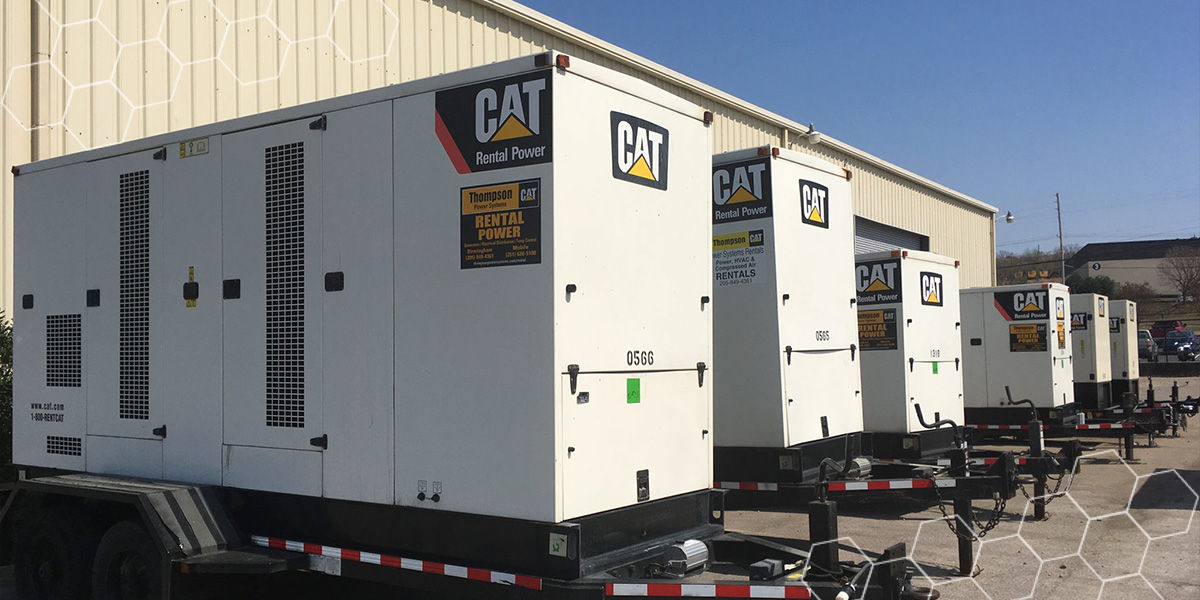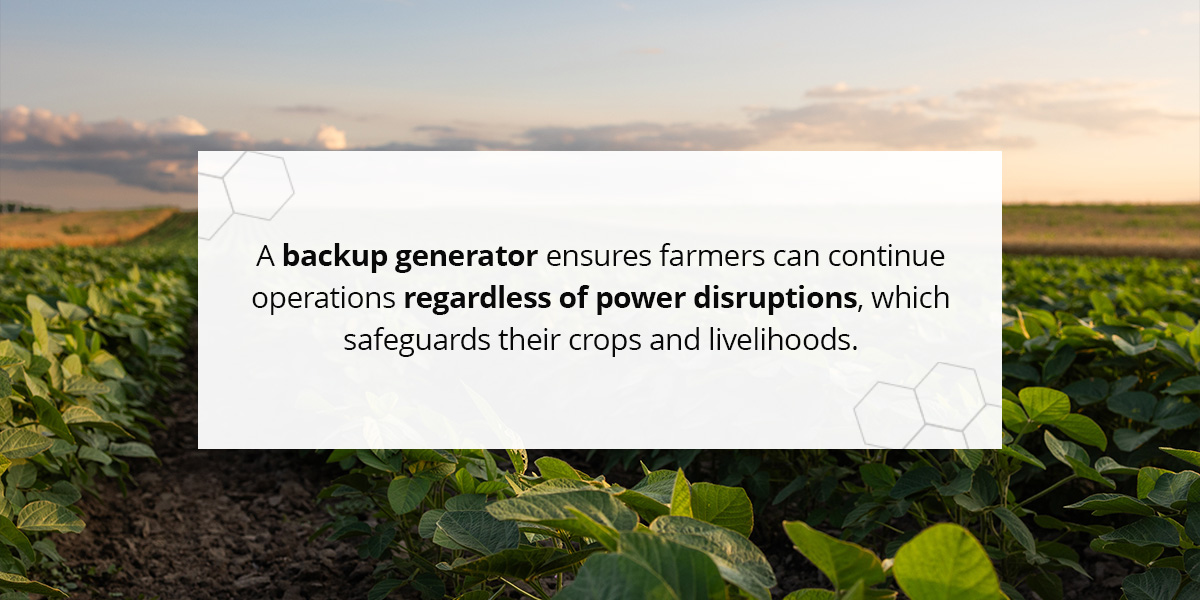

Power outages, often caused by severe weather, equipment failure, or grid overload, can strike without warning. For industries like health care, technology, and many others, the ripple effect of these interruptions can be catastrophic. Operations come to a standstill, safety becomes compromised, and the costs of downtime skyrocket.
Without a reliable backup power system, companies are left vulnerable, unable to meet their operational demands or maintain quality service. Investing in an emergency generator allows for smooth operations and helps safeguard businesses’ most crucial assets.
Power disruptions in hospitals and health care centers can lead to the failure of life support systems, compromise the storage of temperature-sensitive medicines and delay surgeries that are critical for patient survival. These disruptions can also overwhelm health care workers and put additional stress on already vulnerable patients.
Preventing these potential risks requires medical facilities to have backup power to run operating rooms, intensive care units, and emergency departments. Diesel generators are some of the best generators for health care facilities because of their reliability, quick startup times, and ability to handle large loads.
Running restaurants, hotels, and grocery stores necessitates backup power to maintain food safety and customer satisfaction. A power outage can result in:
Data centers process and store vast amounts of data that businesses and consumers depend on daily. Even a momentary power loss can have catastrophic effects. An outage could interrupt the data flow between servers, leading to data corruption or loss. This interruption can compromise security systems and cause prolonged downtime.
The need for backup power extends to cooling systems, which keep servers from overheating and malfunctioning. With so much at stake, data centers should have reliable backup power to prevent data loss and potential damage to a company’s reputation.
Airports and air transport hubs are critical infrastructure in which power disruptions can lead to setbacks and safety risks. Without power, numerous issues can arise:

The agricultural industry needs backup generators to conduct a wide array of operations. From running irrigation systems to controlling the temperature in greenhouses and storage facilities, the absence of power can spell disaster.
Consider a poultry farm during a heatwave. Without power, ventilation systems can fail, leading to heat stress or even death among chickens. A backup generator ensures farmers can continue operations regardless of power disruptions, which safeguards their crops and livelihoods.
Additionally, cold storage facilities depend on uninterrupted power to preserve harvested produce. An outage could raise temperatures, resulting in spoilage and loss of income.
Construction sites depend on a consistent power supply to operate heavy machinery, tools, and lighting. A power outage can halt work, increase costs, and pose safety risks.
Emergency generators help your projects stay on schedule and help you keep costs under control.
Banks, trading floors, and financial services companies need power to process transactions, manage accounts, and secure sensitive information. Without an emergency generator in place, they could experience consequences such as:
Technology is integral to the modern learning environment. A power outage during an exam or virtual class can disrupt the entire learning process, cause delays, and frustrate both students and teachers. Moreover, schools need reliable power for safety systems like emergency lighting, alarms, and communication systems, as well as food service appliances. In essence, schools require backup power to prevent the loss of valuable instructional time and keep essential systems running.
From exploration and drilling to refining and distribution, oil and gas operations require constant and reliable power to function. A power outage can disrupt drilling operations and malfunction safety systems, such as those monitoring pressure levels and gas leaks, which can pose severe risks to workers and the environment.
Being equipped with an emergency generator protects the environment, your workers, and your enterprise.
Water treatment plants, gas distribution networks, and electrical substations are necessary for public health and safety. A power outage in a water treatment plant, for example, could disrupt the water supply, affecting the sanitation of thousands of households and businesses. Having an emergency generator in place ensures utilities can continue providing essential services, protect public safety, and maintain service reliability.
Broadcasting stations keep the public informed. A power outage can silence vital communication channels, resulting in:
Warehousing and distribution centers are anchors in the supply chain, so efficiency and timing are everything. These facilities rely on automated systems to manage inventory, process orders, and move goods.
If a distribution center loses power just as a fleet of trucks is scheduled for loading, conveyors could stop working, leading to delays that ripple throughout the supply chain. Additionally, many warehouses store perishable goods or sensitive materials that require climate control. Without power, this could lead to spoilage or damage.
Reliable backup power helps protect inventory and maintain the flow of goods.
At Thompson Power Systems, we understand that having a robust emergency generator in place can help your operations run smoothly. With over 65 years of experience providing critical power solutions to Alabama and Northwest Florida, we are dedicated to offering the best Cat® generators and power systems on the market.
We cater to different budgets and needs by offering an extensive range of generators, including diesel, gas, and mobile options, as well as microgrid and renewable systems. Contact Thompson Power Systems today to learn how we can help you keep your business running, no matter what challenges come your way.